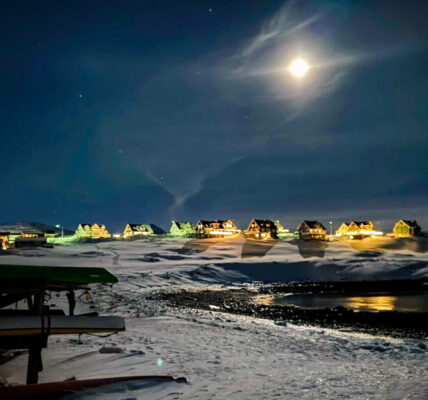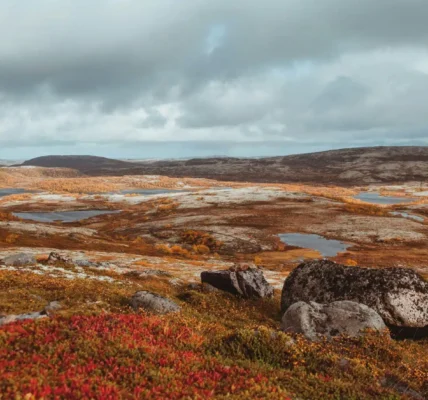Those of us who live in the lower 48 states may not realize that the United States is an Arctic nation thanks to Alaska, and that the Arctic region is central to our country’s energy independence and national security.
Recently, I traveled to Anchorage to participate in the Arctic Encounter Symposium, the largest international gathering of domestic and international leaders with a focus on the opportunities and challenges of living and working in the Arctic Circle.
As U.S. elected officials, allied diplomats, and energy leaders convened, the message was crystal clear: With Alaska’s leadership, we can continue to strengthen America’s energy independence, security, and economy.
Throughout the Arctic Encounter, there was a strong emphasis on the nexus between Alaskan energy production and national security. Russia’s continued war against Ukraine threatens regional stability, but it also continues to sow uncertainty in global energy markets. Increased domestic energy production in places like Alaska, where the energy industry supports numerous rural and Native communities, can help restore market stability.
The Biden Administration’s recent approval of the Willow Project on the North Slope of Alaska is significant for the state’s economy and shines a light on its energy leadership. Not only will this project create jobs and economic opportunity in remote communities, but it will ensure the United States can continue to help meet global energy demands.
In addition to national security implications, energy production in the Last Frontier is some of the most carbon-efficient in the world, meaning the more energy we produce here at home that displaces imports, the more global emissions go down. In fact, a recent study by the U.S. Department of Energy found that exporting natural gas from the North Slope of Alaska would not increase greenhouse gas emissions at all, while still meeting energy demands.
From developing small advanced nuclear reactors to modernizing the electric grid in some of the world’s most extreme environments, American innovation provides an opportunity for the United States to truly lead the world in clean energy production and emissions reduction—but only if we can untie the hands of our energy industry and unlock our energy resources. By highlighting these opportunities in the Arctic in our nation’s capital, I hope to encourage further dialogue about the importance of utilizing each and every one of the energy resources we have available to us.
Like Washington, permitting reform was at the forefront of discussions some 4200 miles away. I was proud to moderate a featured conversation at the Arctic Encounter between Rep. John Curtis (R-Utah), chairman of the Conservative Climate Caucus, and Chellie Pingree (D-Maine), ranking member of the Subcommittee on the Interior and Environment on the House Appropriations Committee, who both agreed that a clean energy future cannot move forward without changes to onerous permitting.
Unfortunately, the message that doesn’t always return to inside of the Beltway is how permitting delays and regulatory red tape impact local communities like those in rural Alaska. Republicans in Congress are pushing for responsible solutions to secure our energy supply chain and increase domestic energy development over adversarial nations with less stringent environmental protections. In fact, while I was in Anchorage, the U.S. House passed H.R. 1, the Lower Energy Costs Act, which would remove many of the energy production and clean energy deployment barriers facing Americans.
Despite agreement from both sides of the aisle on the need for permitting modernization, conservative advocates are accused of prioritizing oil and natural gas production instead of an all-of-the-above energy portfolio. Conservatives understand that clean energy projects also suffer from these costly hurdles. Instead of bowing to the left’s accusations that any reforms to our federal permitting system would dismantle our nation’s environmental protections, CRES urges bipartisan action to modernize our decades-old, ineffective permitting and review processes to encourage the development of clean energy. House passage of H.R. 1 was the first and an invaluable step—for Alaska and the United States.
Heather Reams is the President of Citizens for Responsible Energy Solutions (CRES).




